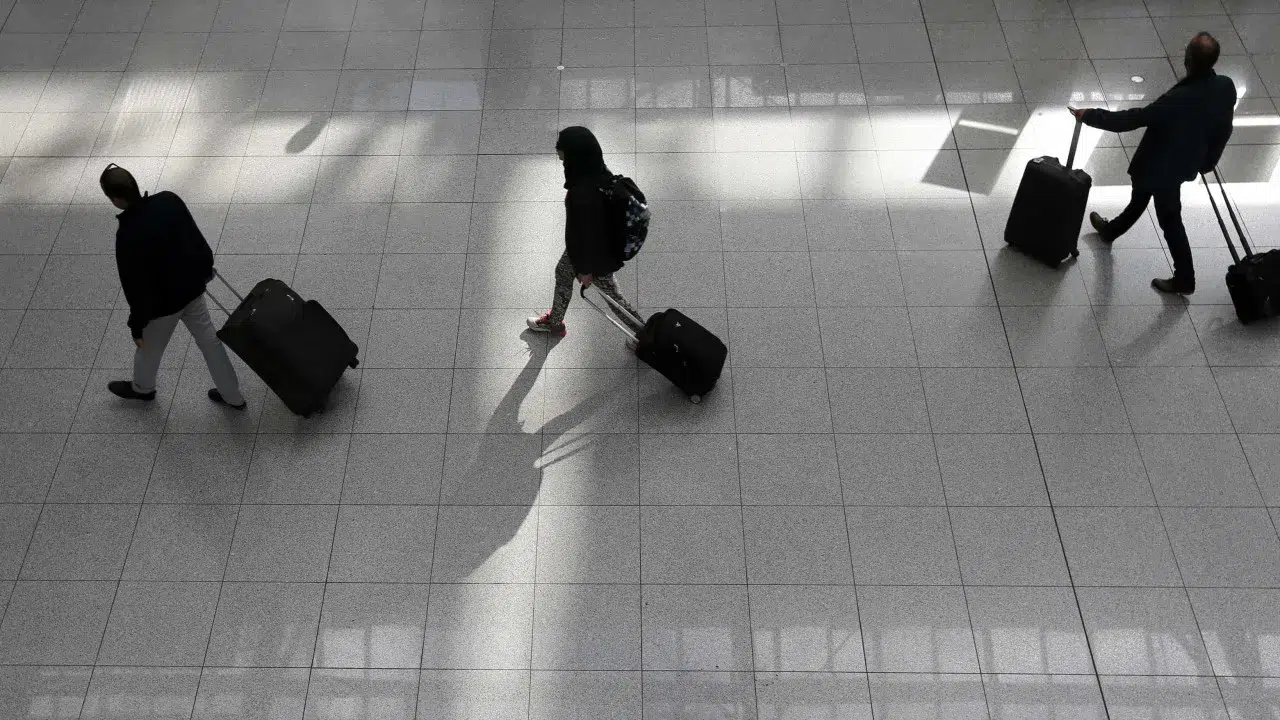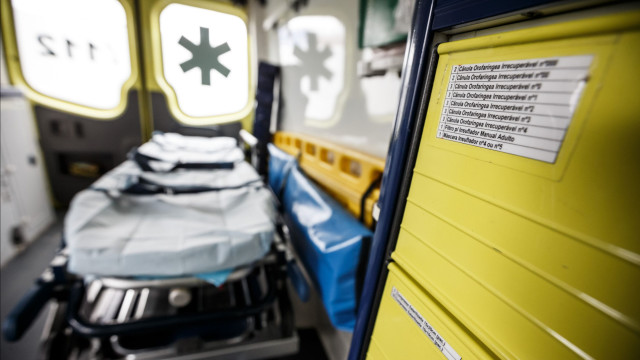
The ANAV expressed criticism over the proposed revision of regulations, not yet approved by the European Parliament, claiming that they “prioritize airlines over consumer interests.”
“The new regulation was approved by the majority of Transport Ministers from the 27 Member States, with key changes including an increase in the minimum delay time for flight compensation from three to four hours, and the legalization of charges for carry-on luggage, except items that fit under the seat,” it stated, highlighting that the enactment of the new rules awaits a vote in the European Parliament.
The European Parliament may approve, amend, or even reject this proposal, according to a statement from the European Council outlining the proposal.
Miguel Quintas, ANAV’s president, argued that the approval signifies a failure to protect consumers, considering it “a historic regression in the rights acquired by passengers in favor of the airlines’ lobby, which already annually earns billions of euros at the passengers’ expense.”
The association also mentioned that despite opposition from countries like Portugal, Germany, Spain, and Estonia, “the majority of EU governments opted to overturn the decision made by the Court of Justice of the European Union (CJEU), which had set compensations for minimum delays of three hours, ranging between 250 euros and 600 euros.”
If approved, the new rules “increase the minimum delay times for compensable flights and additionally reduce the actual financial compensation amounts,” lamented Miguel Quintas, noting that “they also legitimize charges for carry-on baggage, which had been penalized by other European courts with fines to some airlines. This represents a clear attack on passenger rights,” he concluded.
For the ANAV president, there is “a red line that cannot be crossed: the defense of passenger rights.”
“Instead of ensuring more efficient control over compensation payments, we are making access to them more difficult,” he indicated, highlighting “an evident lack of balance in the compromise.”
While acknowledging some advancements in other aspects, such as regarding passengers with reduced mobility, “the final balance is clearly detrimental to the average passenger,” he concluded.
ANAV emerged during the turbulent period of the COVID-19 pandemic “with the aim of finding effective solutions for the needs of its members, in terms of state and commercial support,” with its agenda “evolving in line with new market challenges.”




